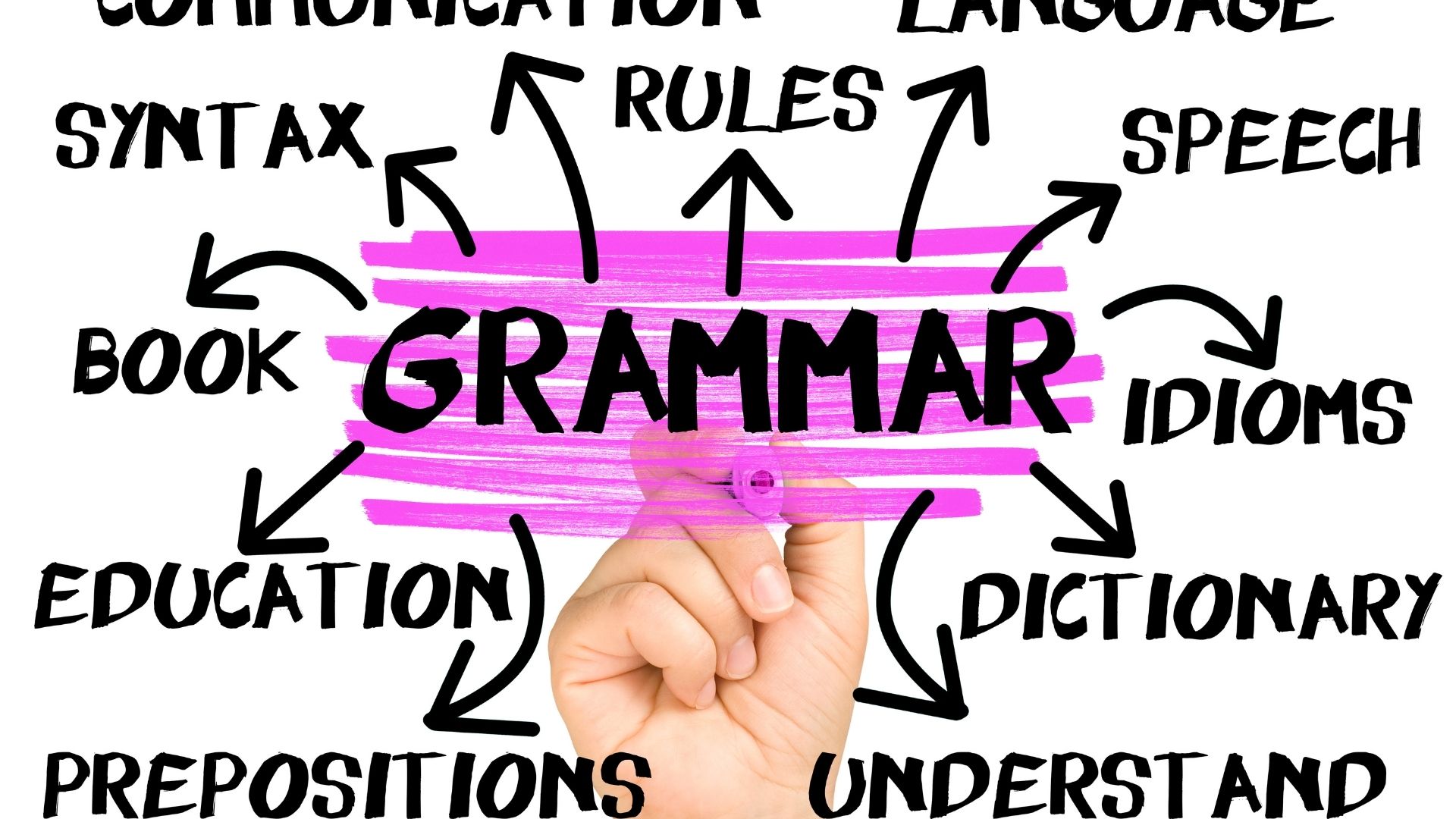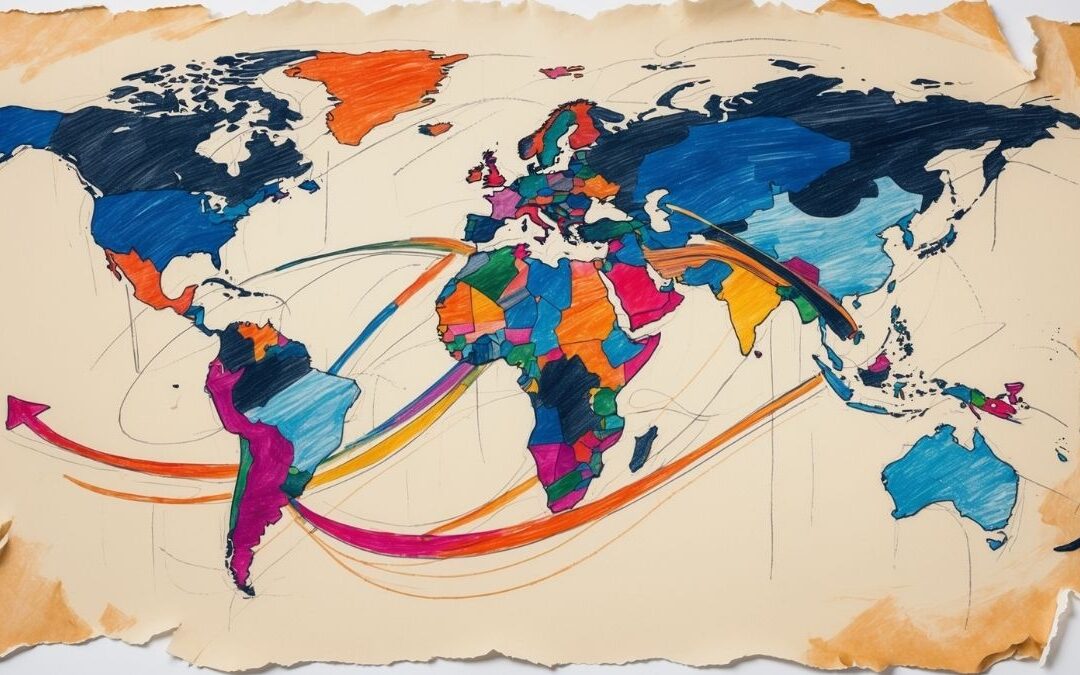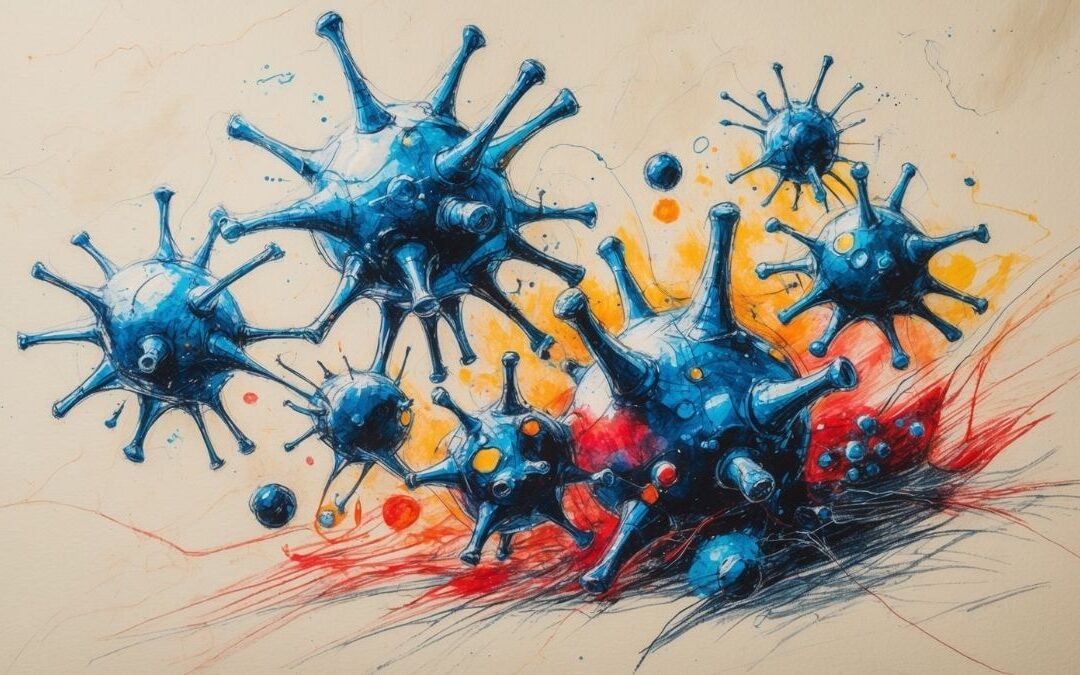Introduction
Learn how to use Be To and Be About To to talk about the future. Learn how to use these expressions to talk about what is likely to happen in the near future, in formal speaking and writing and in conditional sentences. You will learn all that in this new Grammar episode from English Plus Podcast.
Audio Episode
be to + Infinitive | be about to + infinitive
Be to + infinitive | near future
Use be to + infinitive to talk about what is likely to happen in the near future. You find this is commonly used in news reports.
E.g. Police officers are to visit every home in the area.
Be to + infinitive | formal
We also use be to + infinitive to talk about formal or official arrangements, formal instructions and to give orders.
E.g. You are not to leave the school without my permission.
E.g. The European Parliament is to introduce a new law on safety at work.
E.g. Children are not to be left unsupervised in the museum.
Be to + infinitive | future events controlled by people
We only use be to + infinitive to talk about future events that can be controlled by people. When you want to talk about events that cannot be controlled by people, use another form to talk about the future, such as will.
E.g. In the next few years, thousands of speed cameras are to appear on major roads. (or… will appear…)
Here we can use be to + infinitive because this action of installing speed cameras on major roads is completely controllable by people. However, you can still use will if you want.
E.g. Scientists say they can’t predict when or where the disease will appear again. (not … is to appear…)
In this example, you cannot use be to + infinitive because, obviously, the appearance of the disease cannot be controlled by people.
Be to + infinitive | Future from the Past
You can use be to + infinitive to describe what happened to someone, whether they were able to influence it or not.
E.g. Mathew Flinders sailed past Tasmania in 1770, but it was to be a further 30 years before he landed there.
E.g. Clare Atkins was to write two more books about her experiences in Africa before her death in 1997.
Checkpoint 1
Be to + infinitive | in if-clauses
We often use be to + infinitive in if-clauses to say that something must happen first (in the main clause) before something else can happen ( in the if-clause)
E.g. If Lopez is to win gold at the next Olympics, he needs to work on his fitness.
The meaning here is that if Lopez wants to win gold at the next Olympics, he needs to work on his fitness, so working on his fitness is the cause and winning gold is the effect.
E.g. If Lopez wins gold at the next Olympics, he has said that he will retire from athletics.
Here, the meaning is the opposite, in relation to cause and effect, winning gold is the cause here and the effect is that Lopez will retire from athletics.
Be about to + infinitive | Conversation
We use be about to + infinitive mainly in conversation to say that something will or will not happen n the very near future.
E.g. We‘re about to eat. Do you want to join us?
E.g. Appearing on TV might make her famous, but it‘s not about to make her rich.










i just need answers.
me just need answers
I need answers please
Hi, sorry for the inconvenience. There should be a submit button. But in the meantime, I have added the answers to the post, so please check the updated post and you will find the answers right under checkpoint 1. Thank you for reaching out.